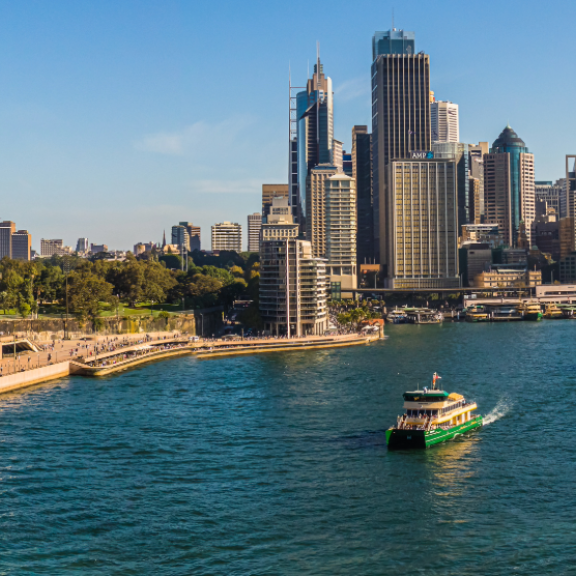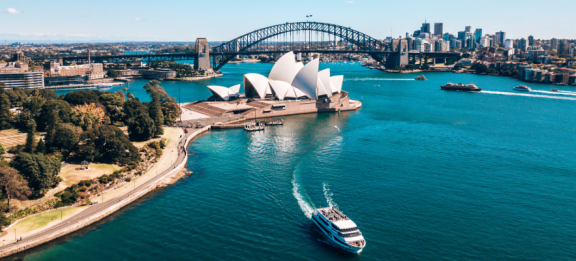
Emigrate to Australia
Emigrate to Australia: Find out the most important information for your stay here
Australia is a country and continent between the Indian and Pacific Oceans. Its largest cities - Sydney, Brisbane, Melbourne, Perth and Adelaide - are located on the coasts, but the capital Canberra is inland. The country's famous landmarks include the Sydney Opera House, the Great Barrier Reef, the desert-like interior known as the Outback and unique animal species such as kangaroos and platypuses.
Facts about Australia
Capital City
Canberra
Population
25.69 million
Surface Area
4,777,101.73 mi² or 7,688,000 km²
Continent
Australia and Oceania
Official Language
(Australian) English
Currency
Australian Dollar
Emigrating to Australia: An overview of the political system
Australia, the sixth largest country in the world, is home to around 26 million inhabitants, but is sparsely populated. The country consists of eight states and territories and is characterized as a vibrant western-style democracy with a very high standard of living. Australia is considered a classic country of immigration and is characterized by cultural diversity. More than a quarter of the Australian population was born abroad. The majority of Australians today regard the art and culture of the indigenous population, which makes up around 3% of the total population, as an integral part of their national identity.

Climate in Australia: Important information for emigrants
Summer (November to March) in Australia is sunny and hot with frequent thunderstorms. The winter months (June to August), on the other hand, are sunny and mild, with average temperatures between 10 and 20 degrees Celsius. Desert climate: The central part of Australia consists largely of desert landscape and has a dry climate. Summers are hot, while winters are pleasantly cool. Temperatures can drop below freezing on winter nights. Dry Mediterranean climate: The southwest of Australia has a predominantly Mediterranean climate, characterized by mild and rainy winters and sunny summers.

Healthcare system in Australia: Important facts for emigrants
Thanks to its "MEDICARE" health insurance system and first-class medical care, the local healthcare system in Australia is considered one of the best in the world. Anyone who lives in Australia permanently, i.e. for at least two years, can benefit from MEDICARE. The system is mainly state-funded, with the remainder covered by a contribution of 1.5% of income (2.5% for higher incomes), which is deducted directly from salary. MEDICARE covers the costs of basic care and hospital services, with hospital costs being fully reimbursed (only in state facilities). However, dental and ophthalmology services as well as medical prostheses and medication are not covered, and policyholders do not have a free choice of doctor. Many Australians have to take out private health insurance to cover the cost of medical services not covered by MEDICARE.

Emigrating to Australia: An overview of the economic situation and quality of life
Australia's gross domestic product per capita in 2023 amounted to 63,487.05 dollars. The Gini coefficient of wealth describes the distribution of wealth. The indicator is an established, internationally comparable measure of wealth inequality. It is measured on a scale from zero to one. The higher the value, the greater the inequality. The Gini coefficient in Australia is expected to be 0.34 in 2024 (source: Statista).
Australia enjoys a high standard of living and is one of the wealthiest societies in the world. In 2019, the average wealth per capita of Australian citizens was over USD 191,000, which was the highest in the world.

National holiday
Australia Day (also called Invasions Day by opponents)
Australia's official national holiday since 1946 and is celebrated on January 26. This day commemorates the arrival of the First Fleet and their landfall in Sydney Cove on January 26, 1788.
Quarantine regulations on entry
Australia maintains a strict quarantine regime, which is characterized by rigorous enforcement (with thorough checks on entry) and therefore requires strict compliance. All food, plant and animal products carried must be declared on the Incoming Passenger Card. These will then be examined by a quarantine officer at the red check-in counter in the airport area and confiscated if necessary. Failure to declare items that are subject to quarantine regulations can lead to severe penalties. The import and export of many species, especially endangered animal and plant species or goods or souvenirs made from them, is subject to strict regulations. Illegal imports or exports without a permit are subject to severe penalties, including longer prison sentences in some cases. This also applies to historically or culturally significant books, documents, coins and Aboriginal art objects. Before acquiring and exporting such items, buyers should therefore check carefully with the relevant Australian or German customs authorities.

Emigrate to Australia - Entry Requirements
Entry is possible for German nationals with the following documents:
- Passport: Yes
- Temporary passport: Yes
- Identity card: No
- Temporary identity card: No
- Children's passport: Yes

FAQs for emigrating to Australia
Where can I find relevant information about my country of entry and the entry regulations that apply there?
We have compiled destination country information as well as entry requirements and customs information for many countries in the Relocation Service section of our website and are constantly expanding this section.
Can I use my own container that I already own for the move with DACHSER & KOLB?
For every removal, which we at DACHSER & KOLB always offer as a door-to-door (full service) removal, a container is rented for the duration of the removal. We therefore do not offer the option of using your own container.
Who is responsible for my move abroad and the services I need there?
As a FIDI member, we work abroad with selected, long-standing partners who work in accordance with our service standards.
Are my removal goods insured in the event of damage?
For every overseas move, we naturally cover transportation insurance at current value for the used household goods and personal belongings
What types of transportation do you offer for overseas relocation?
It is generally possible to carry out overseas removals via air freight or sea freight. In the case of sea freight, it is possible to ship the removal goods as additional cargo (“LCL shipment” with Liftvan) or with a container (FCL shipment in 20 feet, 40 feet or 40 feet high cube). We will be happy to discuss which option is best for you in a personal consultation.
When and how must the move be paid for and what is the payment deadline?
You will receive an invoice a few weeks after placing the order and pay the full amount directly in advance.
Do I have to pay taxes and customs duties on my removal goods?
Removal goods can be imported tax and duty-free into most countries if you have a valid residence permit. We will be happy to check the options for importing the removal goods for your desired destination country in a personal consultation.
Are you interested in moving to Australia or another destination country?
Then do not hesitate and contact us today.
Alexander Brugger
Teamlead Customer Service & Sales - AIR&SEA






